When talking about Elie Wiesel, who turns 85 on Sept. 30, it is far too easy to fall into a list of superlatives.
As a child who survived Auschwitz and other concentration camps, Wiesel witnessed more death and more horrors than most human beings ever will. A onetime journalist who wrote for Hebrew- and Yiddish-language newspapers, starting in the 1950s, Wiesel has gone on to publish more books than most writers ever do, including “Night,” which has become the second-most widely read work of Holocaust literature in the world. He’s received more awards and honorary doctorates and rarified accolades than most university professors might dream of — including the Nobel Peace Prize in 1986 — and has, quite possibly, met with with more world leaders than any Jew in history.
In a wide-ranging interview earlier this year, Wiesel talked to the Journal about some of the lesser-known parts of his remarkable life, including his years working as a journalist, and he expressed concern about what he saw as an increased tendency toward violence in today’s world. Softly, speaking in a contemplative tone, Wiesel used mostly short sentences and never moved to touch the shiny platter of pastries on the table before him.
But when I offhandedly called him a “public figure,” he swiftly shot down the characterization.
“I don’t consider myself as a public figure,” Wiesel told me. “I am a teacher. A writer and a teacher at the same time — for me, writing and teaching are the same.”
Not knowing exactly what to make of Wiesel’s comment, I called Holocaust scholar Michael Berenbaum, who has known Wiesel well for 35 years.
“It’s an inaccurate statement,” Berenbaum said. A professor at American Jewish University and an expert in the development of historical museums and films, Berenbaum wrote his doctoral dissertation in the 1970s about Wiesel’s work and later worked with Wiesel on the council that created the United States Holocaust Memorial Museum in Washington, D.C., in the 1980s. “There’s nobody else who would argue that.”
Indeed, countering Wiesel’s humble assertion isn’t difficult; the survivor’s forceful objection to President Ronald Reagan’s 1985 visit to the Bitburg Military Cemetery, where members of the SS are buried, is but one instance of Wiesel publicly challenging a world leader.
And wherever he goes, Wiesel is certainly accorded treatment befitting a public figure. I met him in April on the campus of Chapman University in Orange County, where he was spending his third consecutive year as a Distinguished Presidential Fellow. On my way to the quiet room in the school’s main library where we were to meet, I passed a poster for Wiesel’s three staged discussions taking place during his weeklong stay there, as well as a glass case in the lobby displaying more than a dozen of Wiesel’s published books and a bronze bust of the author near the entrance to a library room devoted to Holocaust studies.
Among today’s living Jewish leaders, Berenbaum said, Wiesel is unique.
“Wiesel is probably the only major American Jewish thinker who is an international figure of world renown without either billions of dollars or an institutional base,” Berenbaum said. “Wiesel’s moral power base is directly related to the moral stature that has been accorded to the Holocaust, and to Wiesel as its most eloquent living survivor voice.”
Unlike, say, philanthropists Ronald Lauder or Charles Bronfman, or the Anti-Defamation League’s Abe Foxman, or any rabbi one can think of, Wiesel has served as a voice for the voiceless, a voice for the Jewish people and the Jewish state, a voice against genocide, a voice against Holocaust denial — and he’s done all this on the strength of his own reputation, his conviction and his writing.
One could liken him to others who survived totalitarian regimes and then went on to lead — figures like Nelson Mandela or Vaclav Havel — but unlike those two men, Wiesel seems to feel, or at least project, more discomfort with his own present-day moral authority and power.
Wiesel also rejects any characterization of him as a “Holocaust author.”
“I’ve published 16-plus books; maybe three or four deal with that subject,” Wiesel said. “My classes? When I began my career, at City College in New York and then Boston University, only the first two years I taught what you call ‘Holocaust literature.’ I don’t teach it anymore. I don’t know how.”
Such a statement might surprise many of Wiesel’s readers, largely because most of them are very familiar only with “Night,” first published some 55 years ago in French. Wiesel is fully aware of this, of course; at Chapman, he signs the copies of what most of the undergraduates first read in high school. Indeed, some high school teachers feel so strongly about the book’s instructional value that they have their students read it twice.
Although Wiesel says he does not cover his own writings in his classes, others who study and teach Holocaust literature have devoted years — and numerous pages in scholarly journals — to dissecting the narrative of “Night,” and have expended a lot of energy on the question of how to classify the book.
“If you want to get Wiesel angry,” Berenbaum told me, “all you have to do is call ‘Night’ a novel instead of a memoir.”
“ ‘Night’ is not a novel, it’s an autobiography,” Wiesel told an interviewer for the Paris Review back in 1978. “It’s a memoir. It’s testimony.”
Wiesel also told that interviewer that he still had the 860-odd-page Yiddish manuscript that later became the book. Left unmentioned in that interview was the version of that Yiddish text that was published, in 1956, two years before “La Nuit,” under the title “Un di velt hot geshvign” (“And the World Was Silent”).
In 1996, Naomi Seidman, a professor at the Graduate Theological Union in Berkeley, closely examined the slim French volume alongside Wiesel’s Yiddish-language account, and found “Un di velt” to be an angrier work than “La Nuit,” from its first pages through to its end.
Among Seidman’s examples: Wiesel dedicated both books to the memory of his father, mother and younger sister, Tzipora, but in “Un di velt,” he mentions his parents’ names, Sarah and Shlomo — and mentions explicitly that all three “were killed by the German murderers.”
Seidman also noted significant differences in the ways each book reveals Wiesel’s writing process: In the Yiddish memoir, he starts to write immediately after liberation, while the French text says he started writing only after a 10-year vow of silence.
Seidman’s article provoked much conversation and debate — at the time, Eli Pfefferkorn, a Holocaust survivor, called her close reading “an attempt to undermine the authenticity of ‘Night’ as witness testimony.” (Pfefferkorn has since told Seidman that he’s changed his mind about her article and about Wiesel.) Holocaust deniers have used the scholarly debate over discrepancies for their own dubious purposes. As for Wiesel’s own reaction, Seidman said she’s never spoken with him about it.
“I heard he was angry after my essay was published, and tried to call him, but couldn’t get through,” Seidman wrote to me in an e-mail earlier this month. “Later I sat across from him at a dinner party, and hoped he wouldn’t catch my name.”
Whatever Wiesel’s influence may have been before, it was Oprah Winfrey’s decision, in 2006, to select “Night” for her book club, which put the book on the best-seller list for the first time and afforded Wiesel a new level of recognition.
The awards for Wiesel haven’t stopped coming. Named three times by Time magazine as one of the world’s 100 most influential people, Wiesel is set to also receive Israeli President Shimon Peres’ Medal of Distinction this year.
At Chapman, though, Wiesel brushed off his celebrity.
“I have everything; what can I want?” Wiesel said. “I love teaching — I have teaching obligations; I love writing — I write. What else do I need? Honors? I have enough. Pirke Avot [Ethics of the Fathers] said, ‘If you pursue honors, they run away.’ I have, thank God, all the highest honors that a human being can get. So what? Has it changed me?”
I asked — perhaps foolishly — if it had.
“No,” Wiesel said, his voice dropping into its lowest register. Look, if Auschwitz hasn’t changed me, you think honors can change me?”
Some have speculated that those honors may have changed the way people approach Wiesel, though.
“I have found that Wiesel tends to be ‘celebrated’ rather than questioned in any probing way,” Gary Weissman wrote to me in an e-mail. An assistant professor of English at the University of Cincinnati, Weissman has written about “Night” — and about the challenges of teaching Wiesel’s text.
“Many are investing in treating — and experiencing! — Wiesel as a holy figure, rather than as a complex and real human being,” Weissman wrote in his e-mail.
Weissman said he hasn’t ever spoken with Wiesel; indeed, many of those who have looked critically at Wiesel’s work nevertheless hold the man in high esteem.
“I have met him several times, but always too briefly to receive much of an impression,” Harold Bloom, a professor of English at Yale University, wrote in an e-mail. “I regret that his writing to me seems to possess neither cognitive nor aesthetic elements that cause me to meditate further. His has been an honorable life and I respect him.”
Even Seidman called Wiesel “a very impressive man,” and said that in her 2006 book, “Faithful Renderings,” she had revised her essay about Wiesel in ways that were “much more generous” than she had been 10 years earlier.
“I think I was too judgmental,” Seidman wrote in an e-mail.
It’s hard to stand in judgment of Wiesel, especially today, when he is received around the world in the manner of a visiting sage. Indeed, every word Wiesel says can make news — as I found on April 16, one day after the terrorist attack that targeted the Boston Marathon. At the time, very little was known about the bombers or their motives; in that environment, my reporting that Wiesel, in our interview at Chapman, had called on President Barack Obama to appoint “a special commission of educators and philosophers and social philosophers and thinkers” to investigate the attacks, instantly became news. The short blog entry was shared 700 times on Facebook; Los Angeles Times columnist Patt Morrison asked Wiesel about the commission when she met him later that week.
Over the course of his life, Wiesel has been approached with these big kinds of questions, and he’s addressed them in his writings. His next book, Wiesel told me, will be about a philosophy of teaching and friendship.
But even today, it’s often Wiesel’s stories that have the greatest impact on listeners. In our ranging conversation, Wiesel and I talked a lot about journalism. Long before he became a celebrity, Wiesel filed stories in Yiddish and Hebrew, first in Paris and later in New York. He told me about the weeks after Kennedy was assassinated, when he put in 18-hour days as the New York-based correspondent for the Israeli newspaper Yedioth Aharonot. Back then, Wiesel said, he used to wire his stories from the offices of Jewish Telegraphic Agency (JTA). He used Hebrew to write shorthand — and still does today.
From that comment about handwriting, Wiesel shifted into a story of a notebook that his sister recovered from Sighet, the town where he grew up. In that yellowing book, Wiesel found an essay he had written in 1941, when he was 13 years old, called “Reflections on the Interpretation of the High Holidays Liturgy.”
“Meshugge!” Wiesel said, laughing at his former self, an ambitious adolescent, an innocent who knew nothing of what was to come.
“All of a sudden,” Wiesel continued, “there is one page, which is out of the blue.”
It was a record of the credit that his family — which owned a small grocery store — had extended to people in their town.
“All of a sudden, I see there, in the store, [the name], Akiba Drumer, who takes six bottles of this and this. Another thing, another person, a whole page of names,” Wiesel said. “Akiba Drumer; I wrote about him in ‘Night.’ I described about how he came to my father in Auschwitz, he said: ‘In three days, I will be gone. Please say Kaddish.’
“And he owes me six bottles of something in this little book!” Wiesel continued with a chuckle. “So, first of all, I forgave him the debt.”
As readers of “Night” will remember, Drumer’s prophecy comes true — Google his name today and you’ll find links to notes for the many middle and high school students who have to write about the book. Wiesel, who has lived to embody the memory of Drumer and the millions of others killed in the Holocaust, is as powerful and influential as he is precisely because he can, in a few words, bring Drumer into a library’s conference room, just by mentioning a 70-year-old list of names.
But as powerful as Wiesel’s stories are, they cannot match the real-life impact of the events they relate on the man before me. I heard a story of a notebook; Wiesel feels its power.
“I kept it,” Wiesel told me. “And I had palpitations the whole day. I couldn’t read. That little book — and I was 13 when I wrote it.”






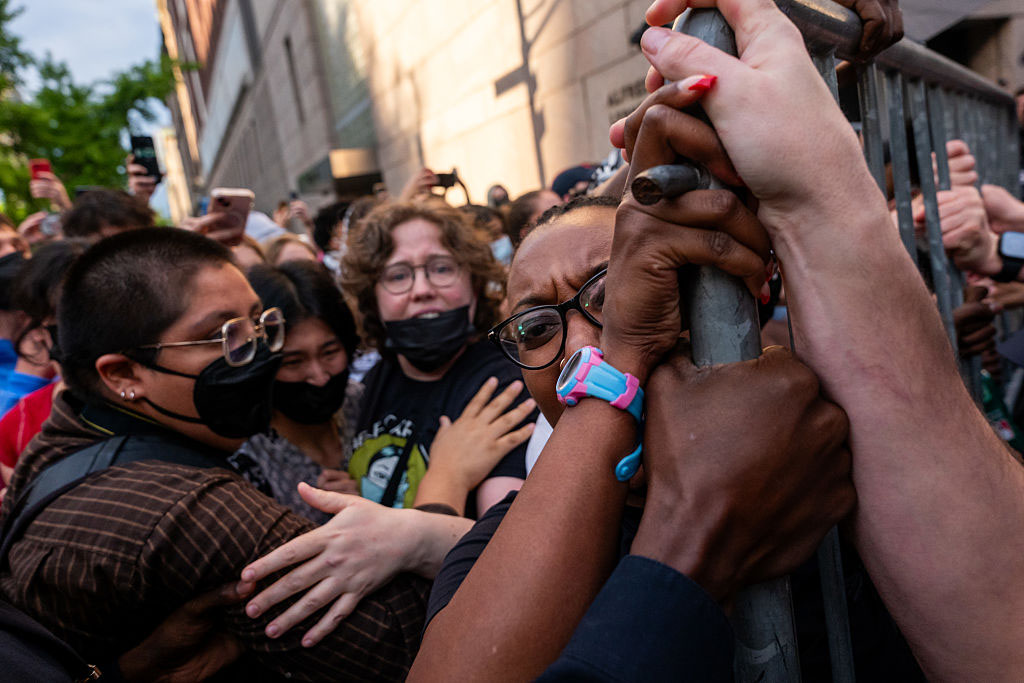

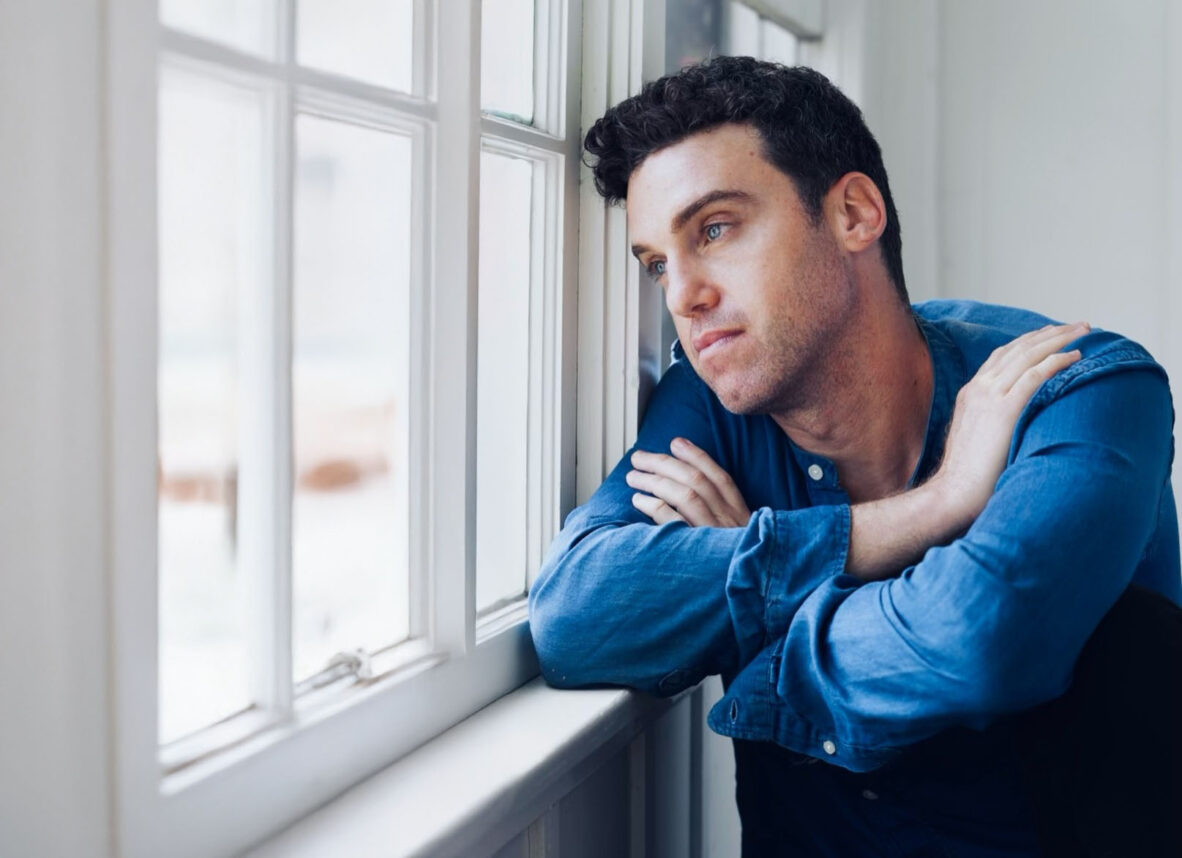
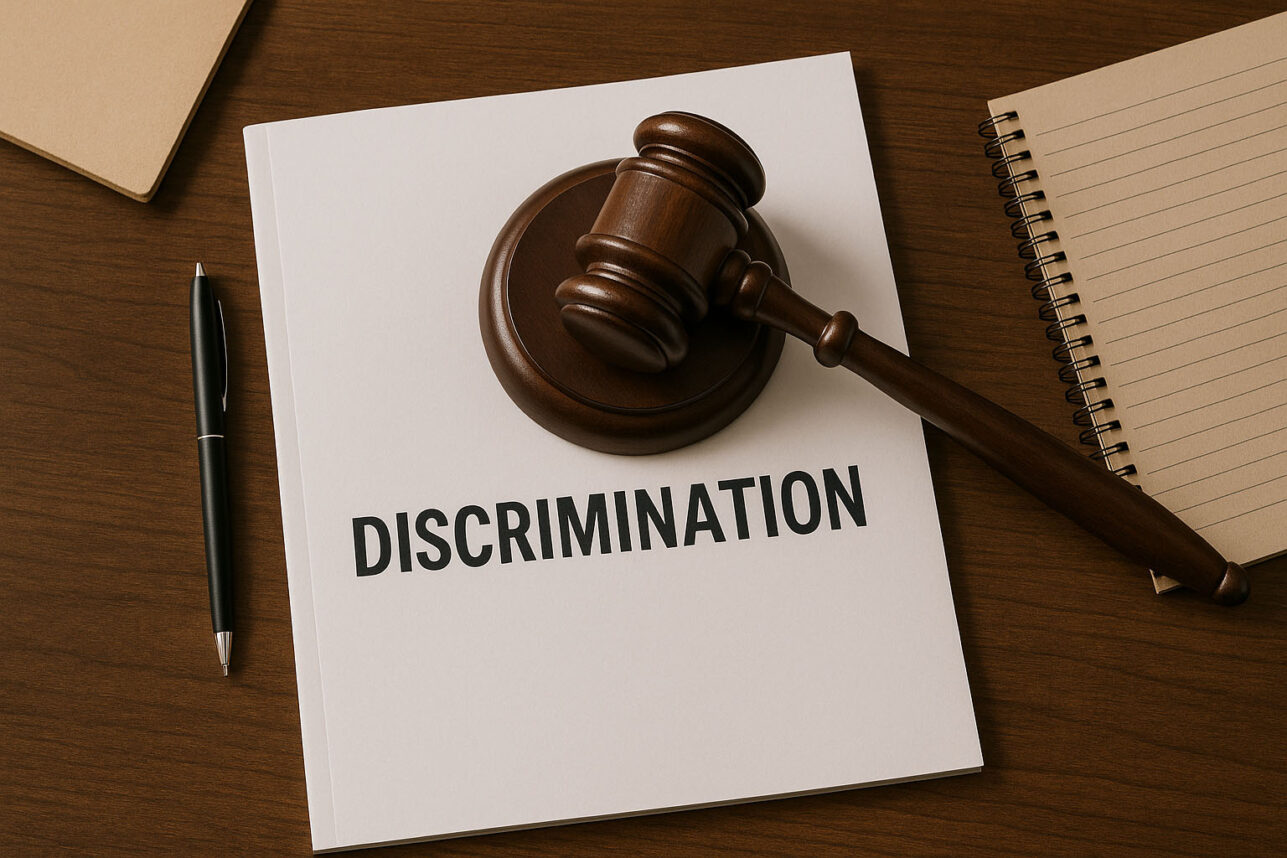

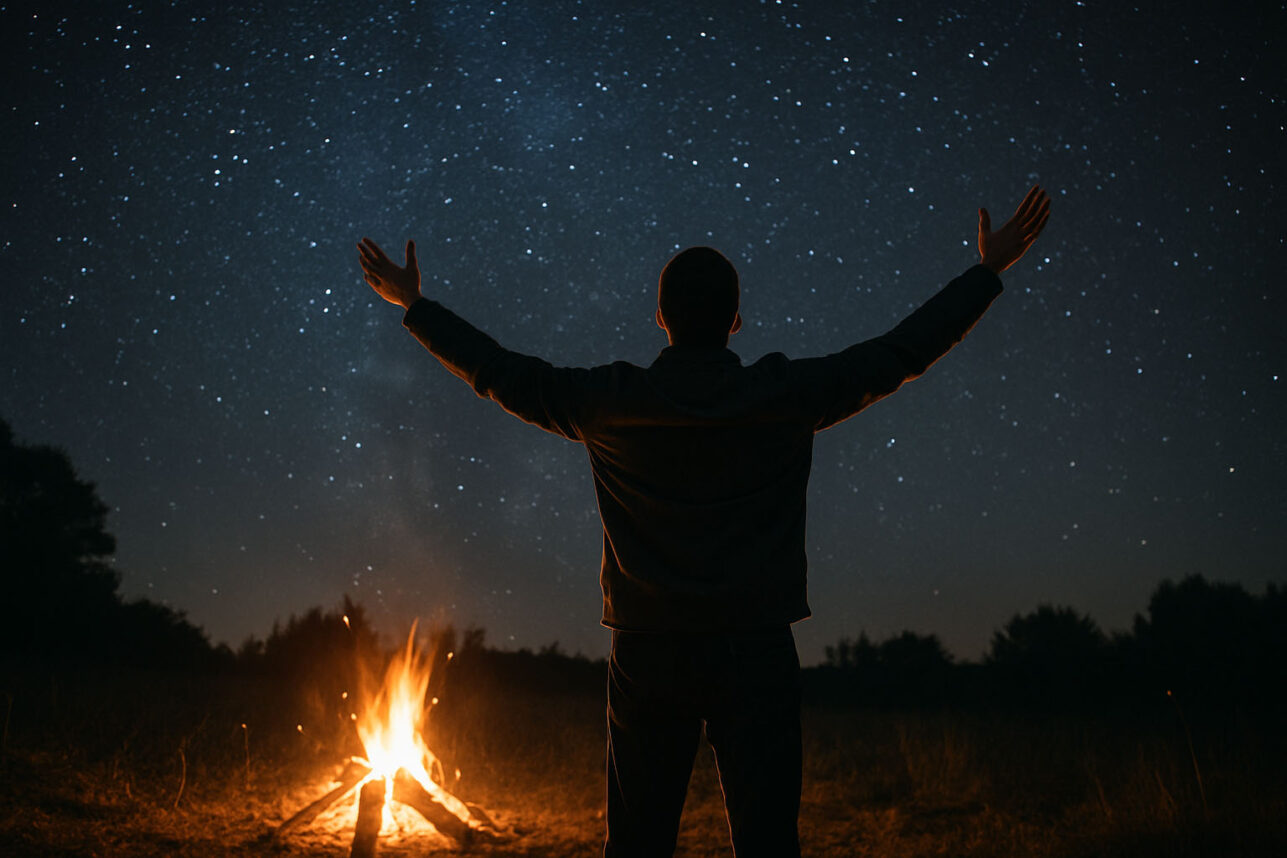
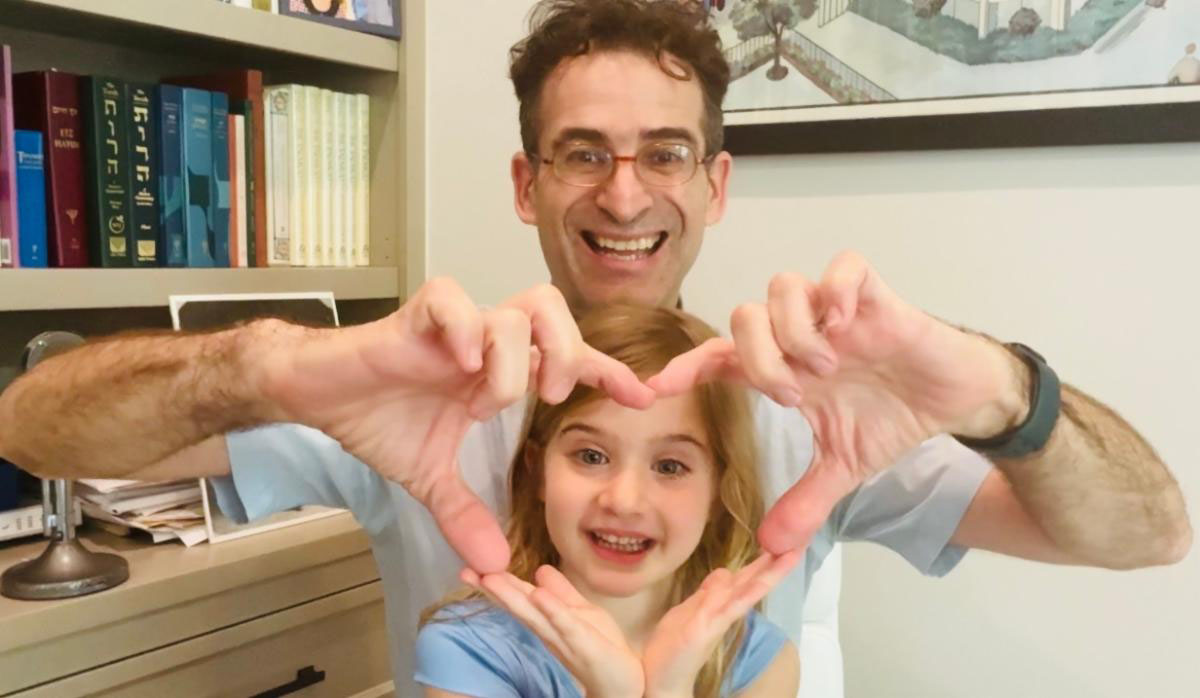
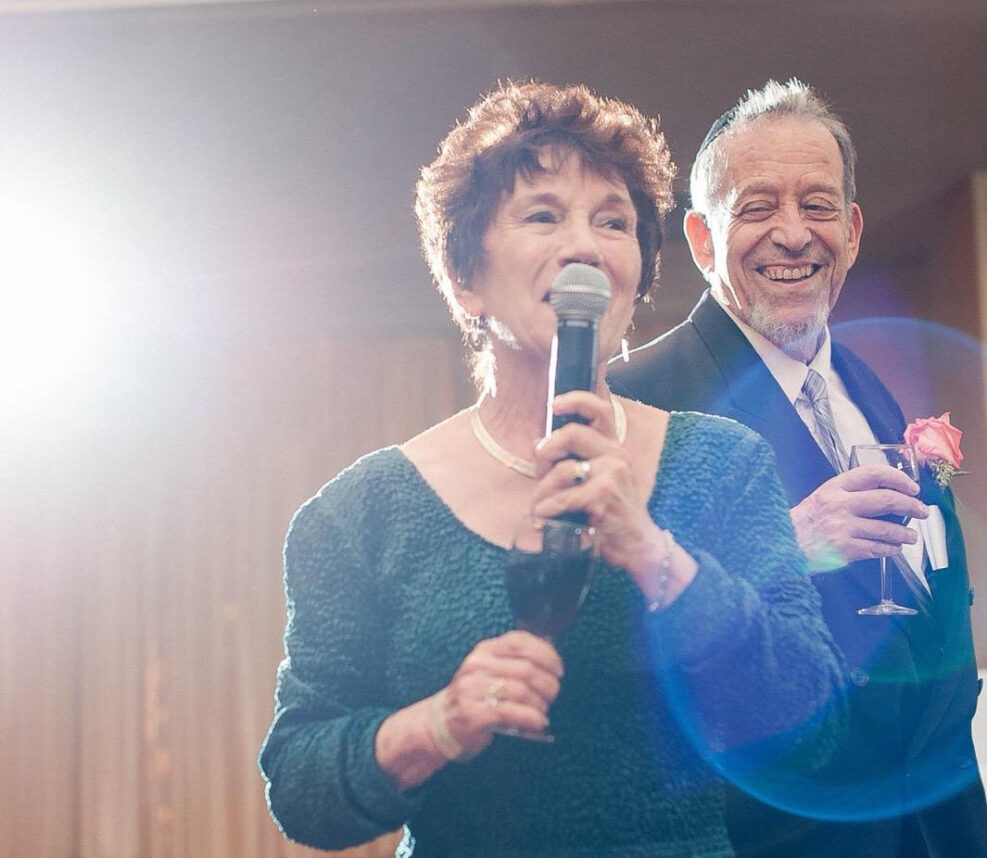
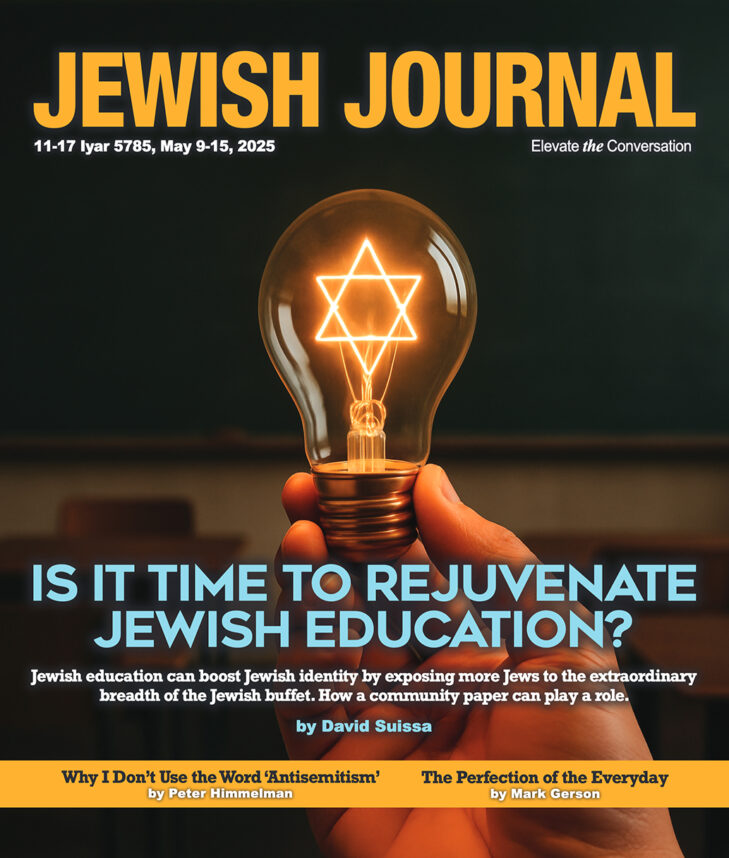
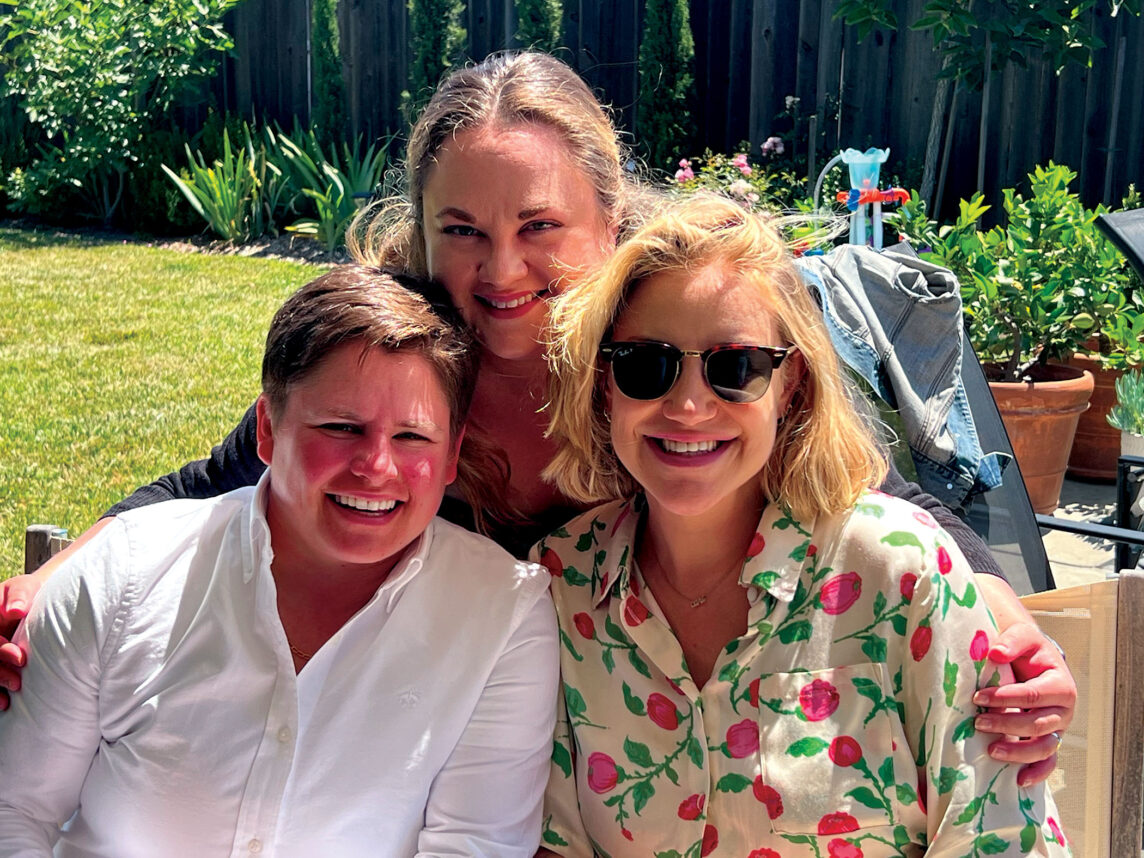
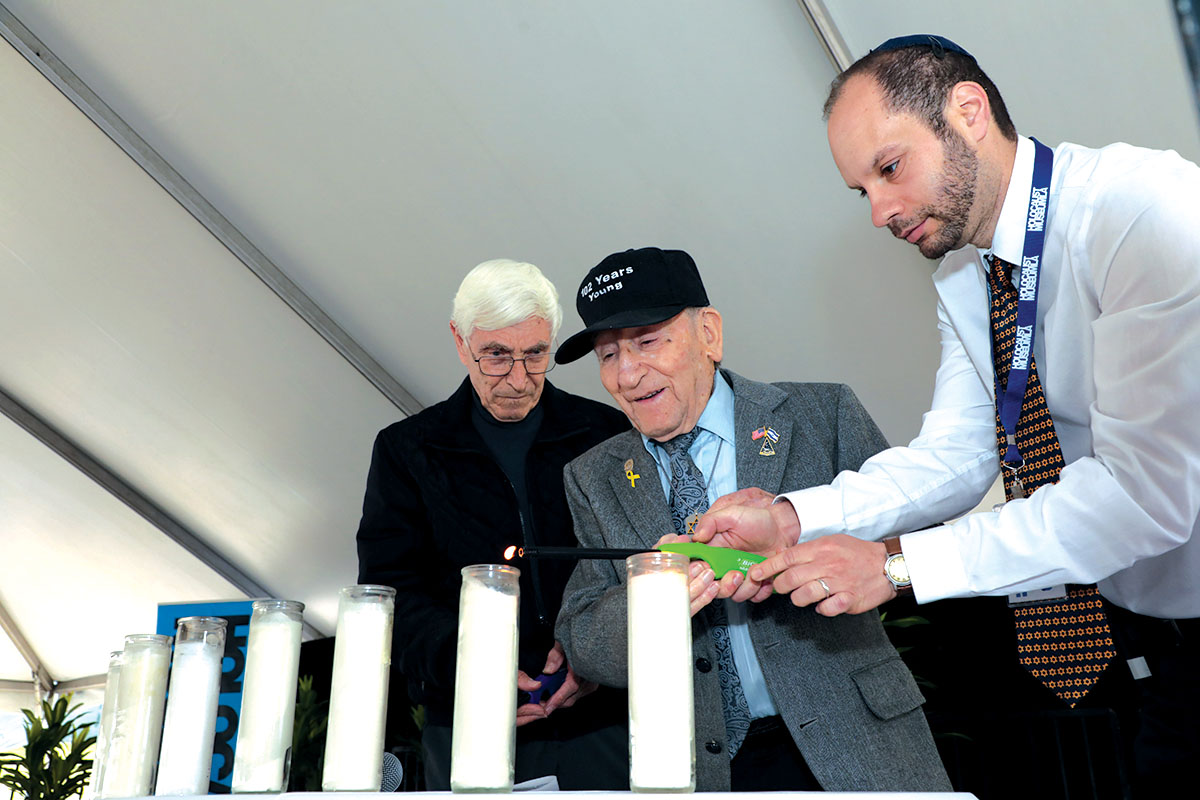



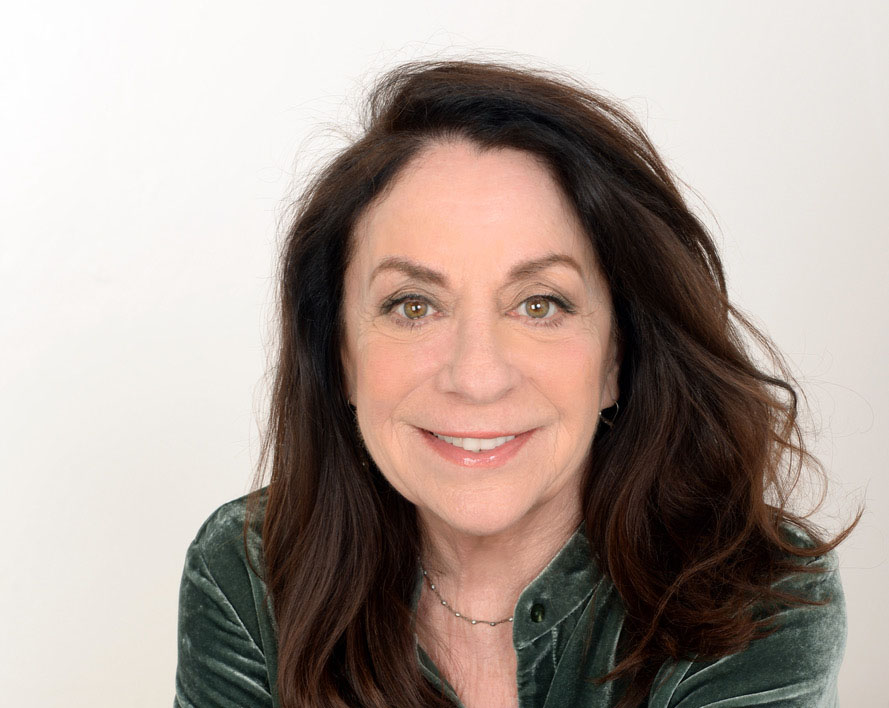


 More news and opinions than at a Shabbat dinner, right in your inbox.
More news and opinions than at a Shabbat dinner, right in your inbox.